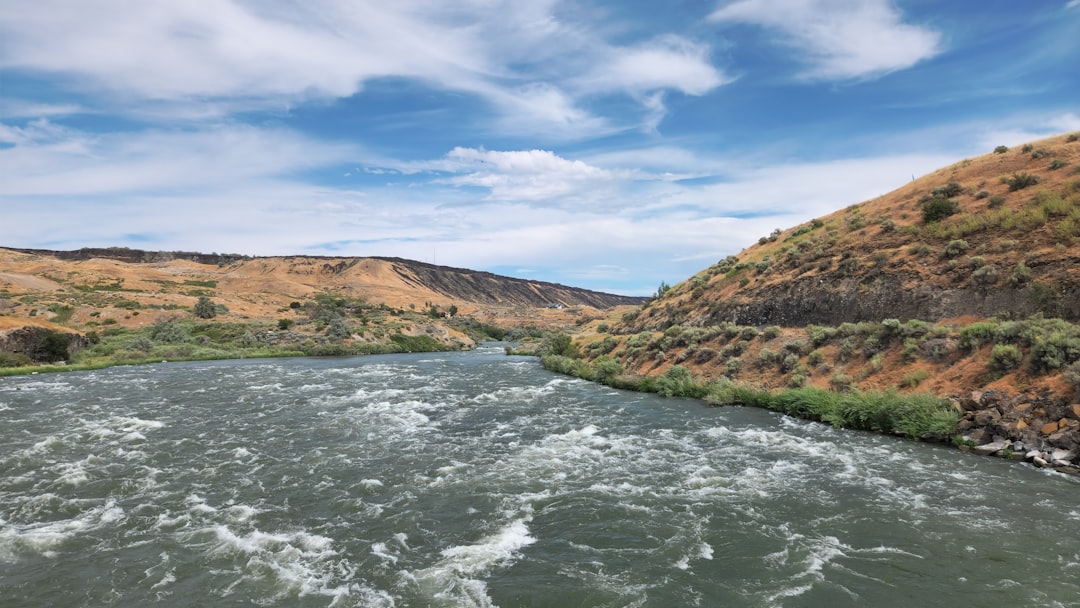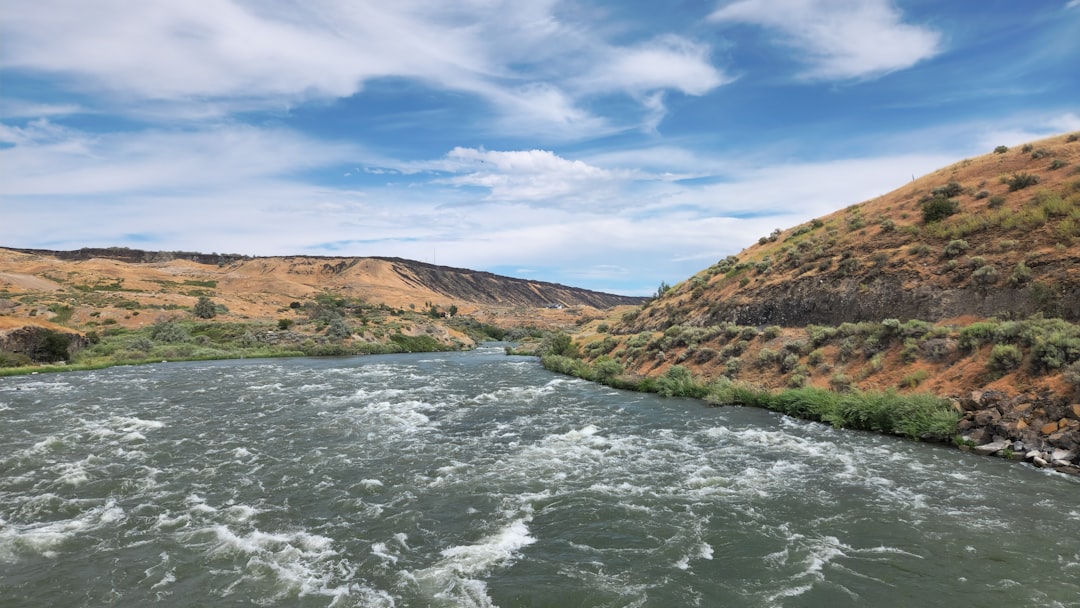Nampa residents are facing a surge in unwanted spam calls from telemarketers using aggressive tactics despite the Telephone Consumer Protection Act (TCPA). With automated systems making mass targeting easier, many are turning to legal action. Idaho's strict laws protect residents, and specialized TCPA litigation law firms offer solutions. Residents can register on the National Do Not Call Registry, inform themselves about local spam call laws, and consult with reputable spam call law firms or lawyers in Idaho for effective protection and guidance against unsolicited sales calls.
In Nampa, as in many parts of Idaho, the proliferation of telemarketing calls has become a growing concern. Understanding how these companies obtain your phone number is crucial for residents seeking to protect their privacy and curb unwanted spam calls. This article explores the legal framework surrounding telemarketers in Idaho, common tactics they employ, and most importantly, provides effective strategies and resources for Nampa residents to stop spam calls once and for all, with a focus on leveraging Idaho’s spam call laws and consulting specialized lawyers.
Telemarketers and Nampa Residents: A Growing Concern

In recent years, Nampa residents have expressed growing concern over the increasing number of unwanted spam calls they receive on their personal and business lines. With telemarketers employing aggressive and deceptive tactics to obtain consumer information, many Idahoans are left feeling invaded and frustrated. The Telephone Consumer Protection Act (TCPA) was enacted precisely to protect consumers from such practices, but despite these laws, spam calls remain a prevalent issue.
Many Nampa residents find themselves on do-not-call lists, yet they still face relentless spam calls, highlighting the need for more robust protection and enforcement. The rise of automated phone systems and call centers has made it easier for telemarketers to target large numbers of people simultaneously. This trend has led to a surge in complaints about unsolicited sales calls, which can be particularly annoying and even harassing. To combat this issue, residents are increasingly turning to legal options, with several law firms in Idaho specializing in TCPA litigation, offering assistance to those seeking relief from unwanted spam calls.
The Legal Framework: Idaho's Spam Call Laws

In Idaho, including Nampa, telemarketers must adhere to strict laws designed to protect residents from unwanted spam calls. The Telephone Consumer Protection Act (TCPA) is a federal law that limits how businesses can contact consumers by phone. It requires companies to obtain prior consent before making automated or prerecorded calls and to respect “do not call” requests. Idaho’s Spam Call Laws further strengthen these protections, ensuring that residents can enjoy peace of mind when it comes to their phone privacy.
If you’re facing a deluge of spam calls, understanding your legal rights is crucial. A reputable spam call law firm or spam call lawyer in Idaho can guide you through the process of filing a complaint with the Federal Communications Commission (FCC) or taking legal action against persistent violators. By leveraging these laws, How to Stop Spam Calls Idaho becomes a viable solution for residents looking to reclaim their phone lines from unwanted telemarketing intrusions.
Common Tactics Used by Telemarketers to Get Your Number

Telemarketers often employ various tactics to obtain phone numbers, especially in areas like Nampa, Idaho. One common method is through online lead generation forms or contest entries where individuals voluntarily provide their contact details. They may also purchase large databases of phone numbers from third-party companies, targeting specific demographics.
Another tactic involves tricking people into giving away their numbers by disguising themselves as survey participants or representatives from local utilities and services. Some telemarketers use high-pressure sales techniques, convincing individuals to opt-in for promotional calls in exchange for prizes or discounts—a practice that often leads to a surge of spam calls, prompting residents to search for solutions like how to stop spam calls Idaho.
Protecting Yourself: Strategies for Nampa Residents

Protecting yourself from unwanted spam calls is a crucial aspect of maintaining your peace and privacy. Nampa residents have several strategies at their disposal to curb these nuisance calls. Firstly, consider registering your number on the National Do Not Call Registry. This federal list restricts telemarketers from calling you without prior consent. You can easily sign up online or by phone.
Additionally, staying informed about Idaho’s spam call laws is empowering. The Telephone Consumer Protection Act (TCPA) offers robust protections against unsolicited calls and texts. If you suspect a violation, consult with a reputable spam call law firm in Idaho. Their lawyers can guide you on the legal options available, ensuring your rights are upheld. Many such firms specialize in TCPA cases, ready to assist Nampa residents in navigating these issues effectively.
Resources and Options: Stopping Spam Calls Effectively

If you’re tired of relentless spam calls, know that there are several effective ways to stop them. The first step is to understand your rights under the Telephone Consumer Protection Act (TCPA), a federal law designed to protect consumers from unwanted phone marketing calls. In Idaho, as in many states, there are strict regulations in place regarding spam calls, and violators can face significant penalties.
One powerful tool is registering your number on the National Do Not Call Registry. This federal list prohibits telemarketers from calling you without your prior consent. Additionally, consider using specialized apps or services designed to block spam calls, many of which offer advanced call-screening features. For more robust protection, consult a Spam Call law firm Idaho or Spam call lawyers Idaho. Legal experts can guide you on taking proactive measures and pursuing action against persistent violators, ensuring your rights under the TCPA are respected.






